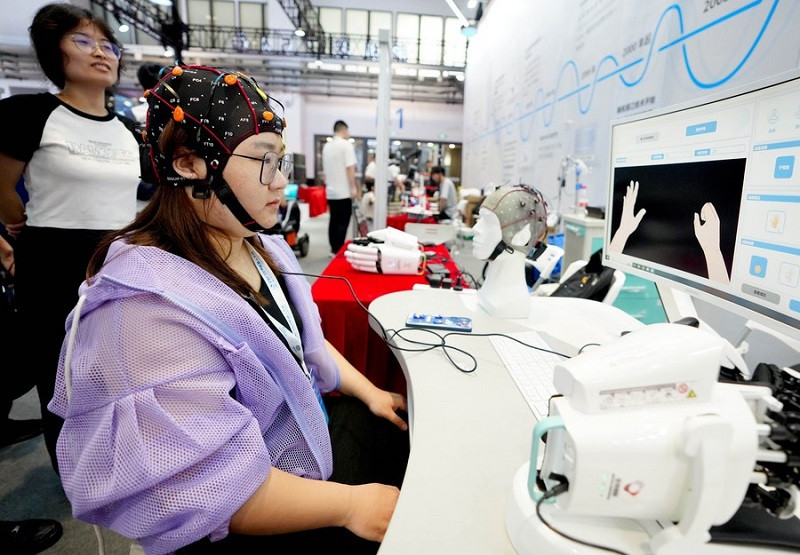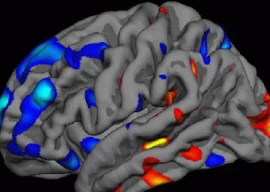
China has adopted an ethical guideline for brain-computer interface research, the first guideline of its kind in the country, which stipulates that this frontier tech should be principally used for remedial purposes.
The guideline, published recently by the national science and technology ethics committee, specifies that research on brain-computer interface should cause no damage, and its fundamental purpose should be to assist, enhance and repair sensory-motor functions or to improve human-computer interactions -- thus enhancing human health and well-being.
Read also: Elon Musk's Neuralink implants brain chip in first human
Clinical trials of innovative brain-computer interface products are allowed in the event of rare diseases that are life-threatening and for which there is no other effective treatment. Such clinical trials should be conducted with the fully-informed consent of participants and comply strictly with national regulations, according to the guideline.
In addition, an ethical review, a bio-compatibility test, and an animal study proving safety and effectiveness are also required, the guideline said.
1725784957-0/Tribune-Pic-(17)1725784957-0-405x300.webp)
1724760612-0/Untitled-design-(12)1724760612-0-165x106.webp)


















COMMENTS
Comments are moderated and generally will be posted if they are on-topic and not abusive.
For more information, please see our Comments FAQ